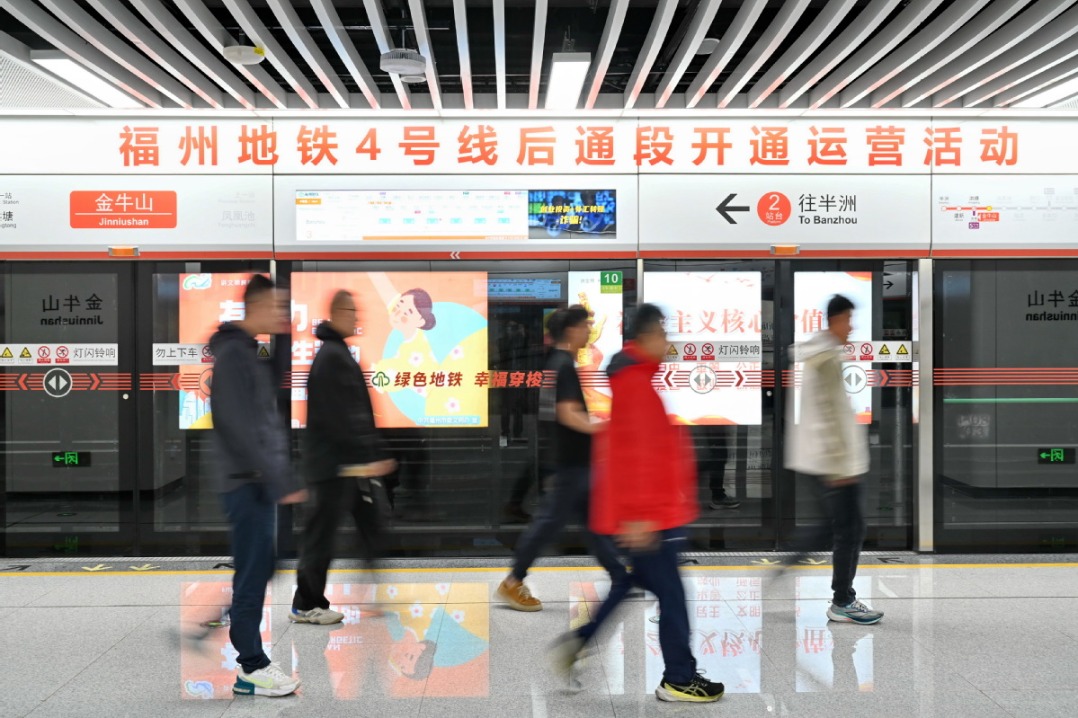Budget deficit-to GDP ratio reduced to improve fiscal sustainability


The lowering of China's planned deficit-to-GDP ratio this year will help make China's fiscal policy more sustainable and will not dent the intensity of central fiscal spending, the country's finance minister said.
"The lowering of the budget deficit-to-GDP ratio is an important measure to boost and improve fiscal sustainability," Liu Kun, China's finance minister, said on the sidelines of the annual session of the National People's Congress on Saturday.
He said that the intensity of fiscal spending will be ensured and sustained.
According to the Government Work Report delivered by Premier Li Keqiang on Saturday morning, the government has set the deficit-to-GDP ratio for this year at around 2.8 percent, lower than the 3.2 percent of 2021.
The central government transfer payments to local governments will reach up to 9.8 trillion yuan ($1.55 trillion), which represents a growth rate of 18 percent, or around 1.5 trillion yuan, and is the largest increase in recent years.
Liu, the finance minister, said that increased transfer payments can greatly help local governments meet their fiscal spending needs.
He said this year's tax and fee cuts and tax refund policies will be implemented in a more targeted manner to support smaller businesses and businesses in the manufacturing sector so as to help them enjoy a greater sense of gain.
- Photographer captures wild mandarin ducks in Guizhou
- Infrared cameras and drones record Tarim red deer in Xinjiang
- Beijing issues alerts for snowstorms and road icing
- Beijing district recovers nearly 100 million yuan in scam losses
- China's immigration hotline adds French language support
- Zootopia 2 fans fuel hazardous trend in online snake purchases




































